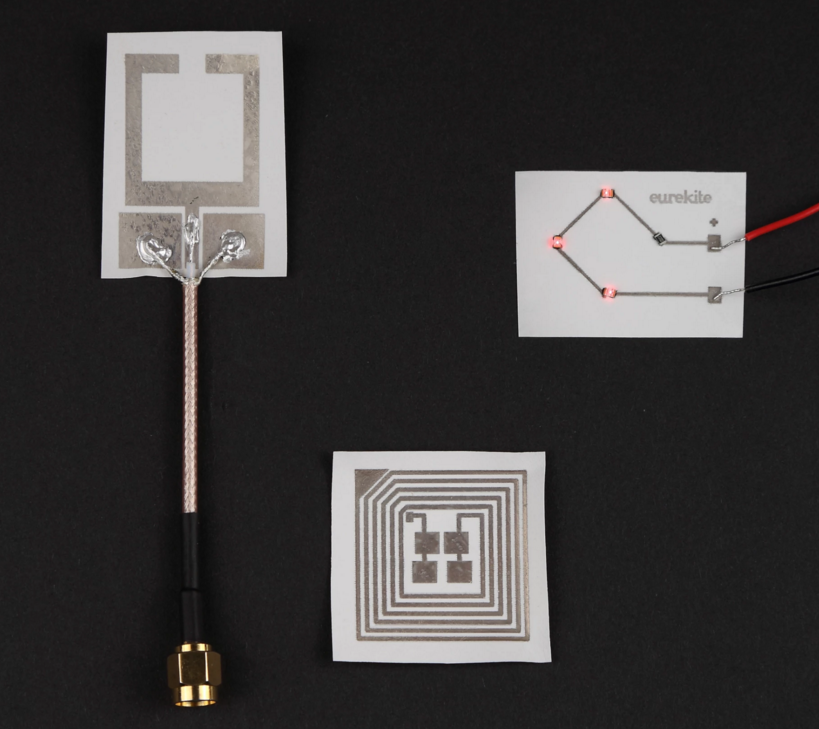While flexible electronics have been an area of growing interest over the past few years, a new company is attempting to develop them with ceramic.![]()
While ceramic typically has properties that make it strong, Eurekite has put a spin on them, by combining ceramic with the flexibility and lightweight properties of a polymer. The new material can provide electrical and filtering characteristics and is not brittle.

According to the company, the new ceramic’s properties make it a forerunner for use in mobile phones, lithium-ion batteries and cars.
“We take a material and change the properties into what we need them to be. We challenge you to break the rules of design, and create products and solutions that never existed before,” according to a statement on the Eurekite website.
The new material may pave the way for future flexible electronics since it is durable but behaves like paper and can be bent and shaped into any position.
The company’s flexible ceramic PCB concept offers a low dielectric constant and losses while keeping relatively high dielectric strength, to provide a good platform for signal transmission in several environments. In addition, the heat conductivity of the flexible ceramic PCB is greater than standard ceramic PCBs.
Eurekite plans to bring the first flexible ceramic PCB to market This unique capability of the flexible ceramic PCBs is one of the innovations enabled on the ceramic nanotechnology platform and the first product the company plans to bring the market in order to create breakthroughs in the fields of telecommunications, power electronics and high temperature sensing.
The company believes that the properties of its new material will enable the industry to break the design rules of electronic systems and devices and create novel product concepts.

Comments are closed, but trackbacks and pingbacks are open.